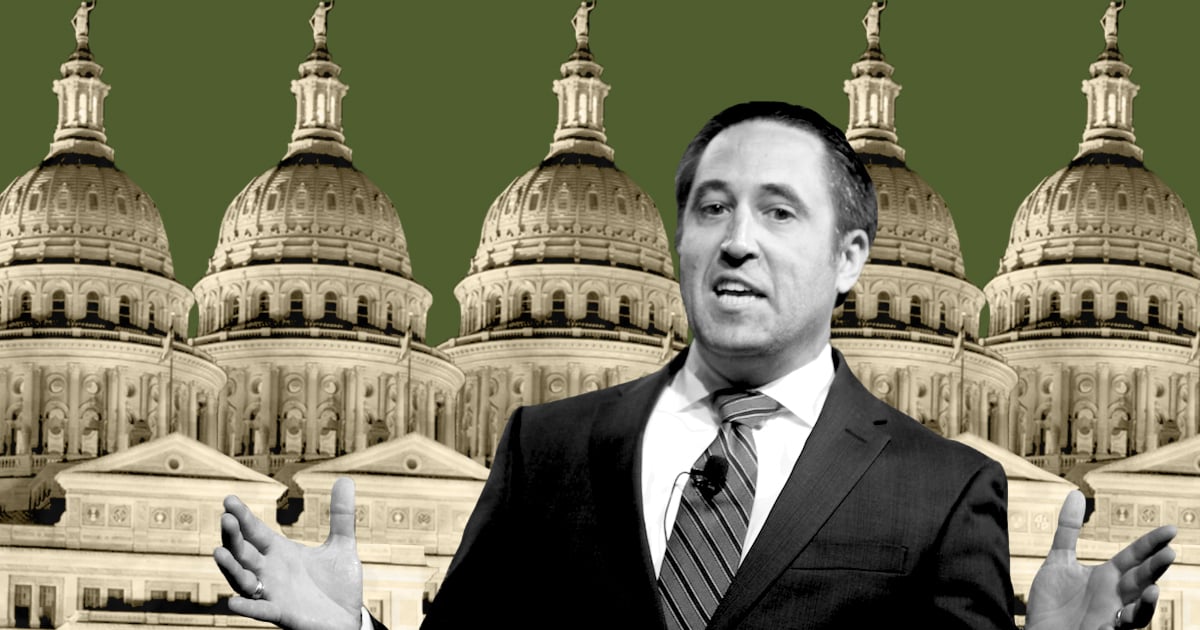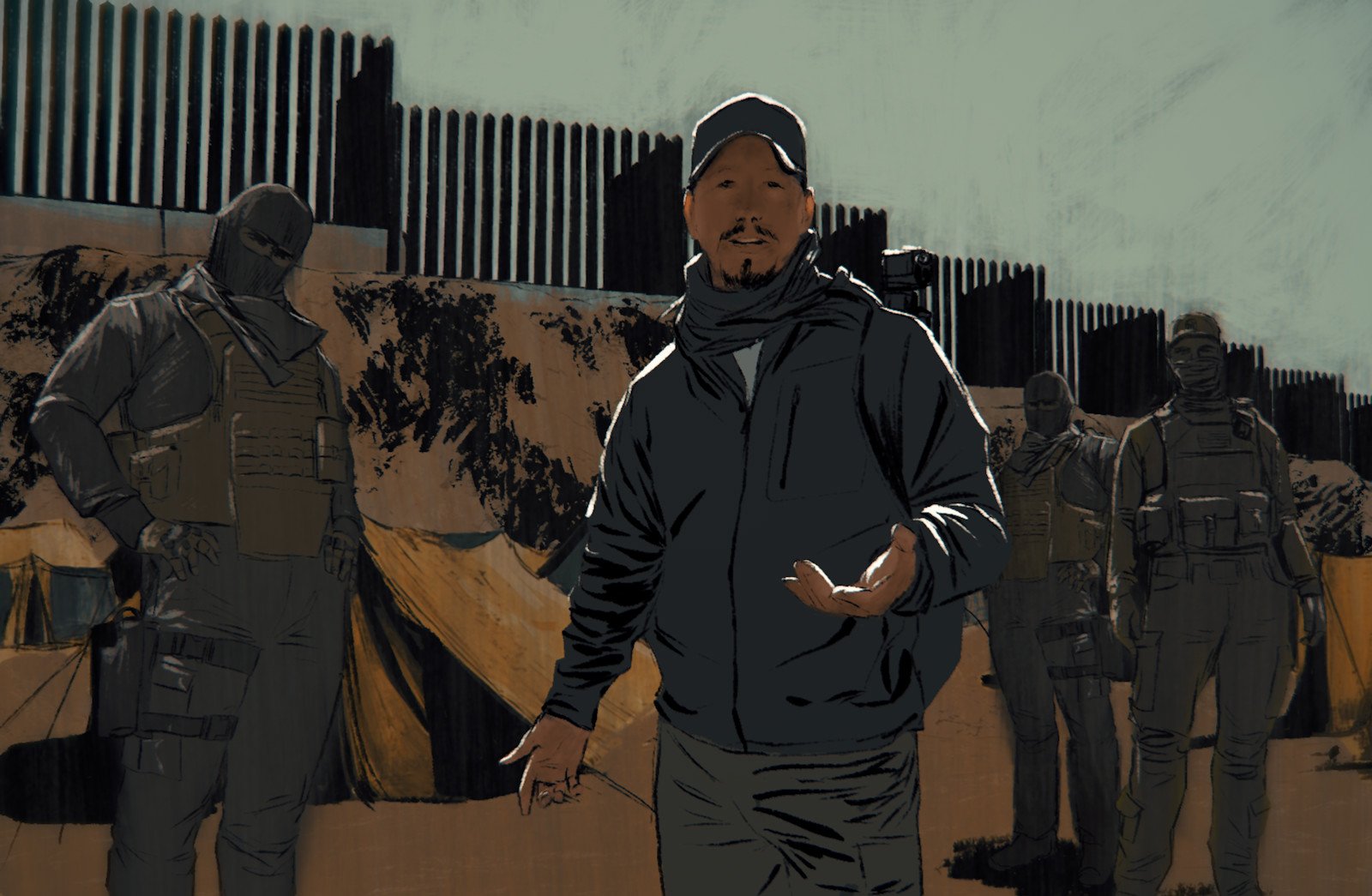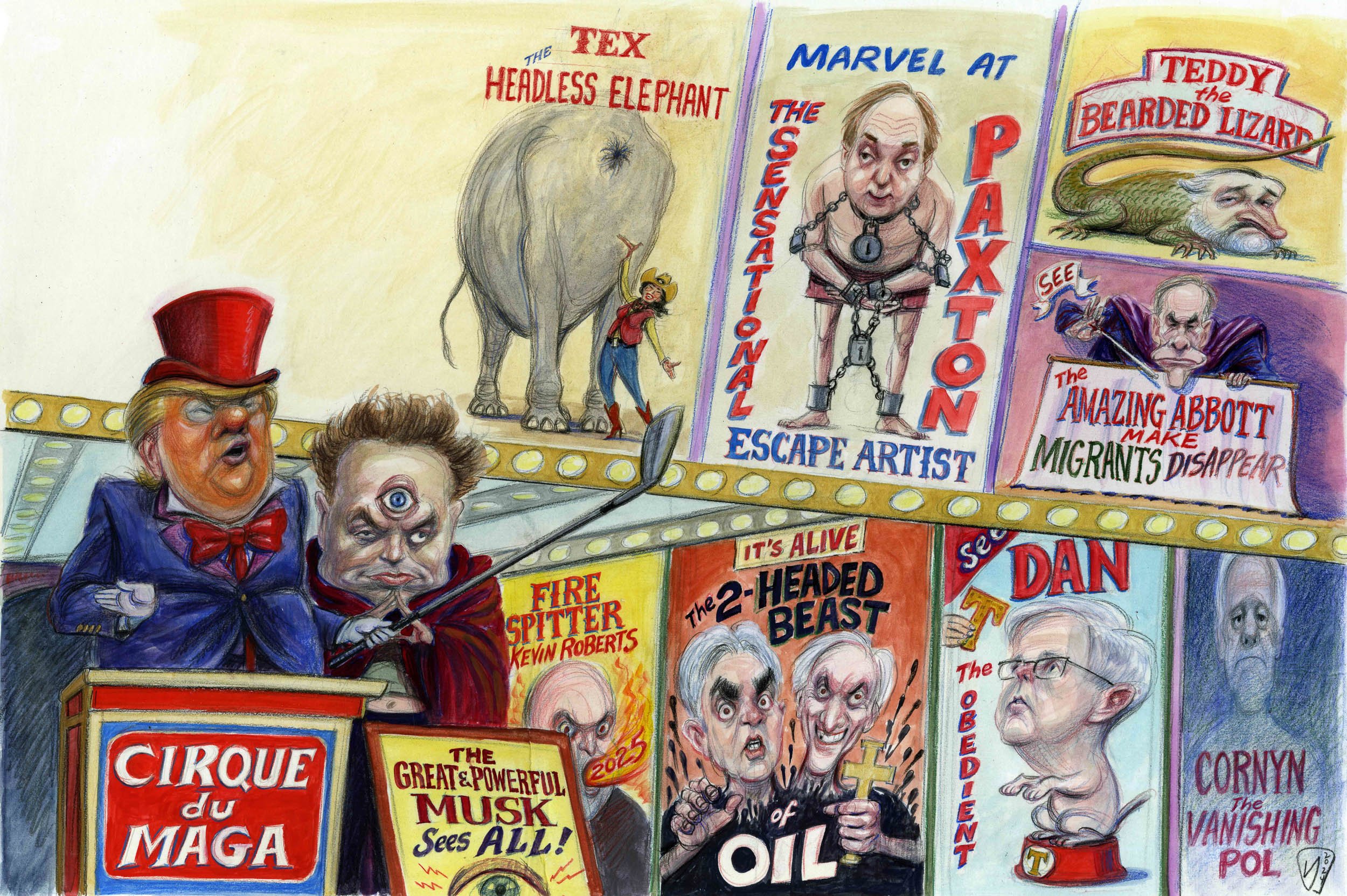The Portable Prophet
I want to give Don Worster’s new biography of visionary nineteenth-century explorer and geologist John Wesley Powell the highest praise I know how to bestow upon a work of history. Despite its considerable heft (I think it weighs more than a bag of sugar), A River Running West is a book of such beauty, wit, and insight, that I have lugged it everywhere: to the pool, to the beach, to kids’ sports practices and music lessons. I have read aloud from it to a distraught eight year old in the emergency room at 11 o’clock at night. I even bought an extra copy and sent it to my dad.
Granted, I’m an easy sell for a book about Powell, one of the few unambiguous heroes in the history of the American West. Not a pompous booster, schemer, or dreamer, not a speculator or a violent, impulsive, racist colonizer, he voiced big ideas about land use and treatment of people that were well ahead of their time. Powell was convinced, Worster writes, that “the West was not ‘continuously valuable’ for agriculture.” Unlike most other scientists and policy makers in the late nineteenth century, Powell did not believe in the unlimited opportunity of the American West. In his “Report on the Lands of the Arid Region,” which he delivered to Congress in 1879, he challenged the prevailing desire, rooted in the thinking of Thomas Jefferson, that it was possible to impose a strict geometric grid upon the land and divide it into individually-owned and operated farmsteads. Powell called into question the practicality of the Homestead Act of 1862 that promised 160 acres of land to anyone able to pay and go. A keen observer wedded to the scientific process, Powell understood the implications of the West’s paucity of rainfall. Writing in the 1870s, he observed that with few rivers to irrigate potential fields and little rain to nourish crops, Western land was not suited to European-style farming. If the federal government wanted to encourage farming in the West, it would have to redraft legislation so that all settlers, especially the little guys, had access to sources of water.
As Worster notes, the years immediately following the Civil War are not known for evenhandedness or fair play. By the time of Ulysses S. Grant’s presidential administration, “[a] smell of graft and corruption rose through the floorboards…., one dead rat joining another, until the public nostrils could stand it no longer.” A staunch abolitionist and supporter of the Union, Powell behaved at all times with dignity and honesty. In addition, he was brave. He lost his right arm above the elbow from a war wound. Despite the amputation, Powell–fascinated by natural science and, in particular, geology–spearheaded a series of expeditions into the far West where he used his intellect and physical courage to run the rapids of the Colorado River, supporting cartographers and artists who mapped, drew, and photographed the Grand Canyon along the way. He became so interested in Indians and Mormons living in the region that he championed their humanity and rights at a time when others were so blinded by intolerance that they saw only difference, felt only distrust.
I love Powell so much that when I teach a spring lecture course on the American West, I bring cookies to class to celebrate his birthday. Until the publication of Worster’s biography, those of us in the John Wesley Powell fan club have turned to Wallace Stegner’s Beyond the Hundredth Meridian: John Wesley Powell and the Second Opening of the West for information and inspiration. It’s not an easy task, taking on Stegner’s lyrical 1953 masterpiece. At its best, Beyond the Hundredth Meridian reads like a highly dramatic novel, characterizing Powell as a misunderstood visionary, a prophet without a flock. But even acknowledged masterpieces deserve reappraisal. With A River Running West, Worster took a long, hard look at Stegner’s work and decided there was room for improvement. Rather than focusing exclusively on the drama of Powell’s vision and the quality of his heroism, Worster has written a biography that demonstrates the ways he was both representative and exceptional. Worster’s doorstop of a book demonstrates that while Powell stood for many of the popular movements and trends in the late nineteenth century, he also stood apart from the prevailing attitudes of his day.
Worster has for many years written eloquently and to great acclaim about American environments and their impact on human settlements. Hall Professor of American History at the University of Kansas, he has published several award-winning works that examine human relationships to land, particularly dry Western land, where control of water equals power. In Dust Bowl: The Southern Plains in the 1930s, which earned him a Bancroft Prize, he thought through the implications of industrial capitalism on arid land. In this slim volume, Worster managed simultaneously to communicate his disapproval of and sympathy for white settlers farming the drought-stricken Plains during the Great Depression. In Rivers of Empire: Water, Aridity, and the Growth of the American West, Worster thought specifically about riparian rights, not just rainfall, and the way Americans’ cultural and legal beliefs about water determined patterns of growth. He fleshed out his sense of the growing field of environmental history in both Nature’s Economy: A History of Ecological Ideas and The Wealth of Nature: Environmental History and the Ecological Imagination. Not until the publication of A River Running West, however, has Worster tried his hand at biography.
Speaking last spring in Los Angeles as a panelist during a session on biography at the annual meeting of the Organization of American Historians, Worster confessed that he had only recently come to think of biography as “real” history. In the past he never read biography, never taught biography, and certainly never thought of writing biography. Like many historians of his generation, Worster said, he looked down on biography, a genre that seemed to him a poor substitute for the kind of meaty analysis and probing inquiry that he associated with worthy projects. His abiding interest in conservation, water, and American social and cultural history led him to think more seriously about Powell, a figure who haunts any discussion of the roots of American environmentalism.
By choosing to revisit Powell and his work by way of biography, Worster is able to use individual characters to discuss and analyze broad trends in nineteenth-century experience. For instance, Worster’s parents, born in Britain, serve as vehicles to examine immigration, the Second Great Awakening, and Westward movement. In describing Powell’s youth and young adulthood, Worster is able to write about education and, more specifically, about nineteenth-century science. Because Powell was a veteran, Worster gets to discuss experiences of the Civil War and Lincoln’s assassination. When he shows Powell casting about for employment and purpose after the war, Worster gives a sense of the nation in the throes of post-war expansion and exploration. Once he’s launched Powell on his trips down the Colorado, Worster offers readers detailed descriptions of Western landscape, geography, and the formation of the United States Geological Survey. Beyond simply communicating the thrill of Powell’s journeys, Worster, in one of my favorite chapters, “The Sublimest Thing on Earth,” explains the ways art and science intersected in the last quarter of the nineteenth century. He touches on landscape painting, aesthetics, photography, topological surveys, cartography, and publication.
The biography highlights the particular, as well as the general, so that Worster’s quixotic Powell spends much of the last years of his life tilting at Washington’s windmills, arguing with small-minded bureaucrats and legislators who refused to listen to hard news that bore great implications for the public good. Like Stegner, Worster crafts his final section around Powell’s time in Washington, where Powell headed the original Bureau of American Ethnology and crusaded for public funding of Western surveys intended to support viable Western expansion. Politicians and legislators loath to spend money in times of economic retraction were adamantly opposed to Powell’s suggestions. Rather than teaching readers about broad trends in American history, in this last section of A River Running West, Worster emphasizes Powell’s outspokenness, his willingness to risk his own reputation to shape government policy that might take into account the needs of common people across the land.
In many ways, the publication of Worster’s book could not come at a better time. His biography of Powell serves as a deep meditation on patriotism at a time when, yet again, our leaders shoehorn us into narrowly defined ways of thinking. Concerned about the lot of Everyman, Powell argued valiantly for a system of land and water allocation that was fair–not just for some, but for many. He spoke out against prevailing wisdom and risked his reputation precisely because he was a patriot. I quote Worster here, at length, because he serves up a passage we all need to hear:
“Like the poet Walt Whitman (“Thou Union holding all, fusing, absorbing, tolerating all, / Thee, ever thee, I sing”), [Powell] had shining expectations for his country: America was the best hope of humankind. Over its broad continent, on one coast as well as another, on every river and every hillside, in cities as well as in the country, it was the promised land….
“What his beloved America needed was exactly what the West needed: knowledge of itself. Knowledge of its diverse parts. Knowledge derived from science. Knowledge that was secular and free of outworn creeds. But also knowledge delivered into the hands of the people. Knowledge that could help secure the foundations of democracy. Knowledge that was hopeful and progressive.”
Former Texan Cathy Corman bakes wonderful cookies for her history students at Harvard.


